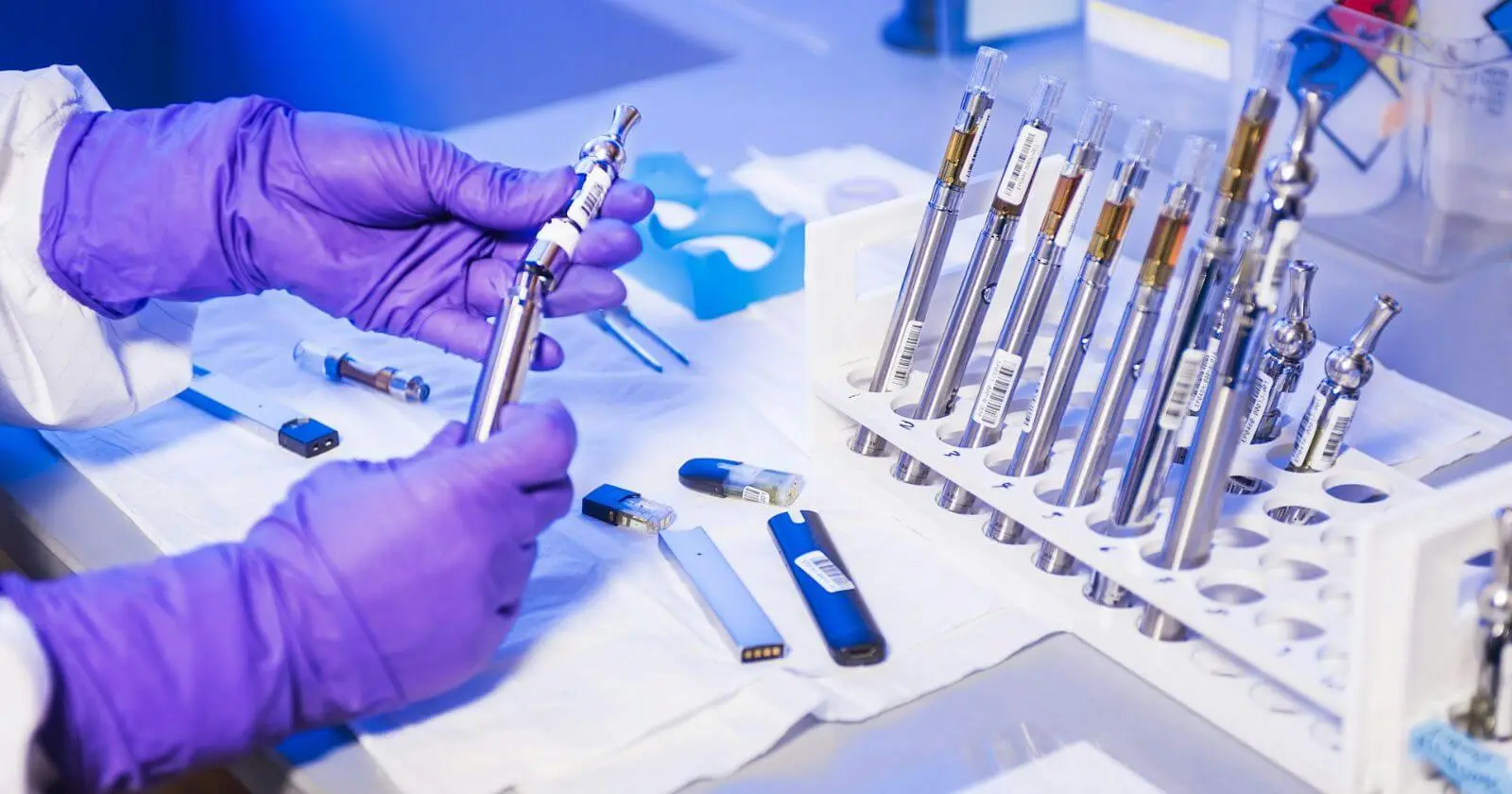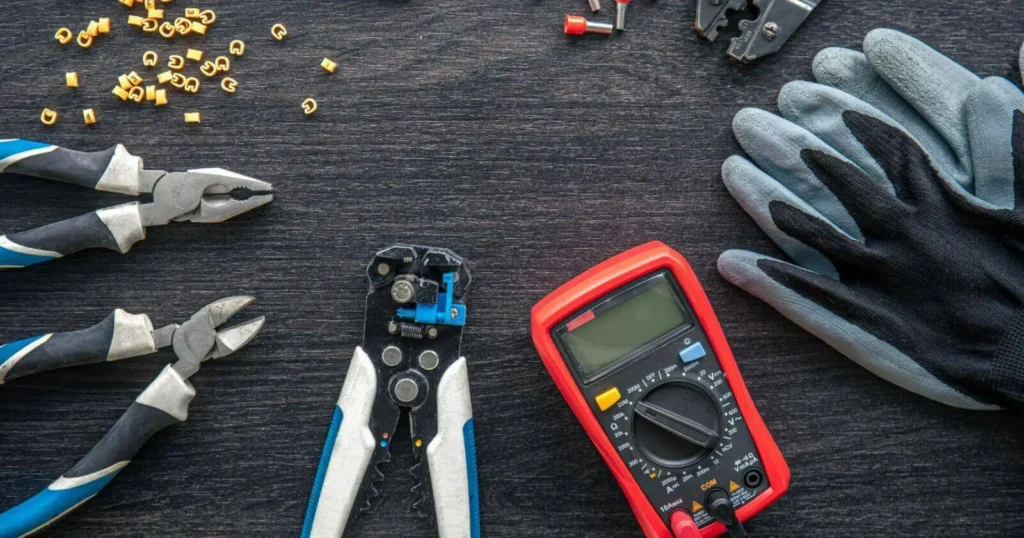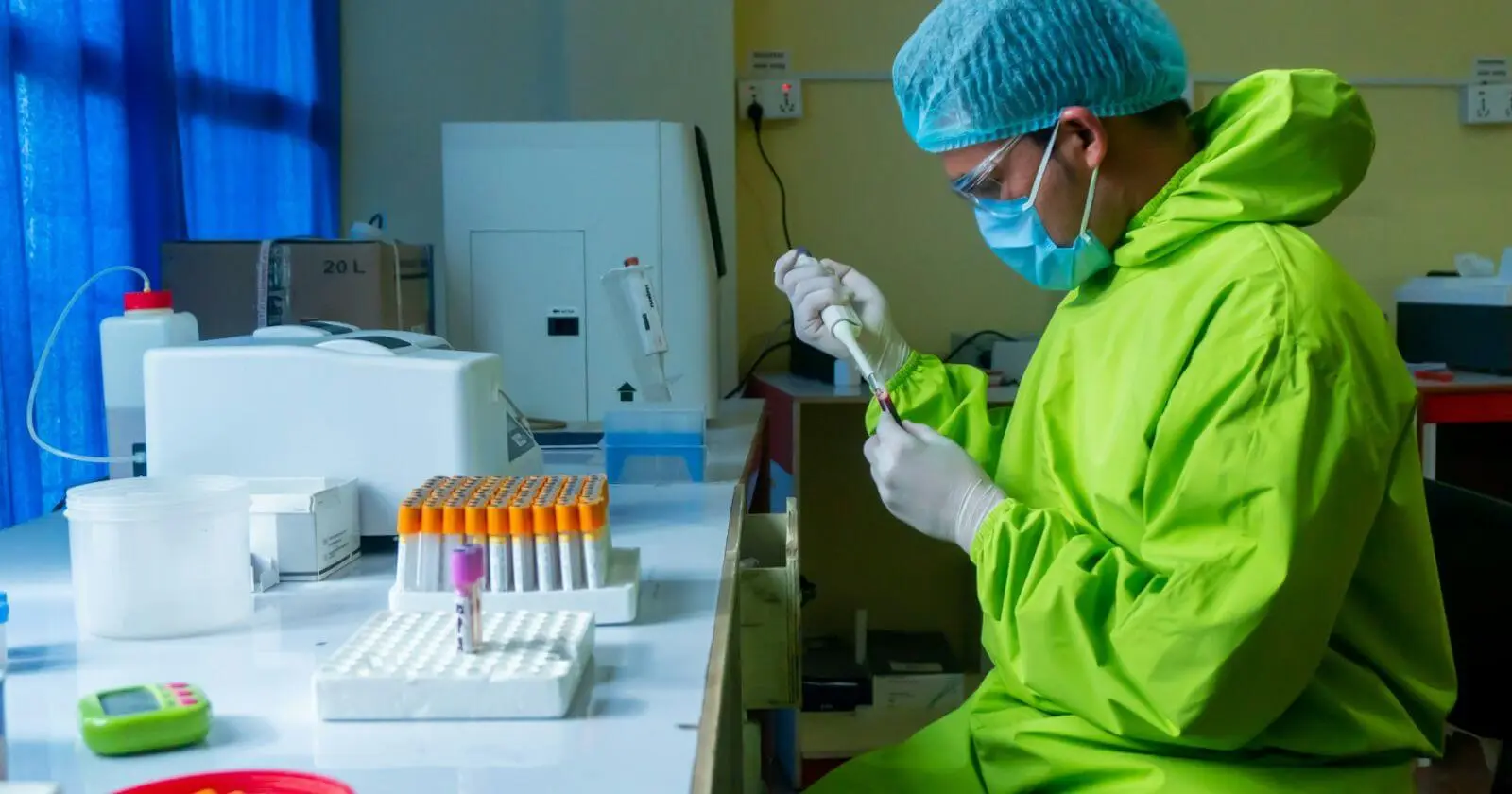What do Biomedical Engineers do?

In the ever-evolving healthcare landscape, biomedical engineers are pivotal in advancing medical technology and patient care. Combining engineering, biology, and medicine principles, these professionals work at the intersection of science and innovation to develop cutting-edge solutions for diagnosing, treating, and preventing diseases. From designing medical devices to conducting research, biomedical engineers contribute to various aspects of healthcare delivery, ultimately enhancing the quality of life for countless individuals worldwide.
Biomedical Engineers
Biomedical engineering is a multidisciplinary field that applies engineering principles to healthcare and medical sciences. It encompasses a wide range of specialties, including biomaterials, biomechanics, medical imaging, tissue engineering, and bioinformatics. Biomedical engineers’ primary objective is to develop innovative technologies and techniques that address challenges in healthcare, such as improving diagnostic accuracy, enhancing treatment efficacy, and minimizing patient discomfort.
Roles and Responsibilities
Biomedical engineers undertake diverse roles across the healthcare continuum, working in research institutions, hospitals, medical device companies, and regulatory agencies. Their responsibilities may include.
- Medical Device Development: Biomedical engineers design and develop medical devices ranging from simple instruments like thermometers and syringes to complex equipment such as MRI machines and artificial organs. They ensure that these devices meet safety standards, are reliable, and are user-friendly for healthcare professionals and patients.
- Biomedical Imaging: Imaging technologies, such as MRI, CT scans, and ultrasound, are crucial in diagnosing diseases and monitoring treatment progress. Biomedical engineers contribute to developing advanced imaging modalities, optimizing image quality, resolution, and speed while minimizing radiation exposure and other risks to patients.
- Prosthetics and Orthotics: Biomedical engineers design prosthetic limbs, orthotic devices, and assistive technologies to enhance mobility and independence for individuals with disabilities. They integrate materials science, robotics, and biomechanics to create customized solutions that closely mimic natural human movement and function.
- Tissue Engineering and Regenerative Medicine: Through tissue engineering, biomedical engineers aim to repair or replace damaged tissues and organs using biocompatible materials and stem cells. This field holds tremendous potential for revolutionizing healthcare by providing alternatives to traditional organ transplantation and addressing the growing demand for donor organs.
- Biomedical Informatics: With the increasing volume of healthcare data, biomedical engineers leverage computational tools and techniques to analyze, interpret, and manage complex biomedical information. They develop algorithms for medical image processing, genetic sequencing, and clinical decision support systems, facilitating personalized patient care and precision medicine.
Impact on Healthcare
The contributions of biomedical engineers have a profound impact on healthcare delivery, improving patient outcomes, reducing healthcare costs, and advancing medical knowledge. Some key areas where their work has made a difference include.
- Early Disease Detection: Biomedical engineers develop innovative diagnostic tools and techniques for detecting diseases at an early stage when treatment is most effective. These advancements, from wearable biosensors to point-of-care testing devices, enable faster and more accurate diagnosis, leading to better prognosis and treatment planning.
- Minimally Invasive Surgery: Advancements in medical imaging, robotics, and surgical instrumentation have led to the rise of minimally invasive surgical procedures, which offer patients faster recovery times, reduced pain, and lower risk of complications. Biomedical engineers contribute to designing surgical instruments and robotic systems that enable surgeons to perform complex procedures with greater precision and control.
- Chronic Disease Management: Biomedical engineers develop wearable devices and mobile health technologies for monitoring chronic conditions such as diabetes, hypertension, and cardiovascular disease. These devices allow patients to track their health parameters in real time, empowering them to make informed decisions about their lifestyle and treatment adherence while enabling healthcare providers to intervene proactively when necessary.
- Rehabilitation and Assistive Technologies: Biomedical engineers design rehabilitation devices and assistive technologies to help individuals with physical disabilities regain mobility and independence. From exoskeletons that assist with walking to brain-computer interfaces that enable communication for people with severe paralysis, these innovations enhance the quality of life and social inclusion for individuals with disabilities.
- Drug Delivery Systems: Biomedical engineers develop novel drug delivery systems that enable targeted delivery of therapeutics to specific tissues or cells, minimizing side effects and improving treatment efficacy. Nanotechnology-based drug carriers, implantable pumps, and transdermal patches are examples of innovative drug delivery platforms that have the potential to revolutionize patient care across various medical specialties.
Challenges and Future Directions
Despite the significant advancements made by biomedical engineers, several challenges lie ahead in the field. These include navigating regulatory hurdles, ensuring patient privacy and data security, addressing healthcare disparities, and managing the ethical implications of emerging technologies such as gene editing and artificial intelligence.
Looking ahead, the future of biomedical engineering holds tremendous promise, driven by advances in areas such as 3D printing, bioinformatics, and personalized medicine. As technology continues to evolve, biomedical engineers will play a crucial role in harnessing its potential to address pressing healthcare challenges, improve patient outcomes, and shape the future of medicine.
Conclusion
Biomedical engineers are instrumental in driving innovation and progress in healthcare, leveraging their expertise to develop transformative solutions that benefit patients, healthcare providers, and society. Through collaboration, creativity, and a commitment to excellence, they are shaping the future of medicine and positively impacting the lives of millions worldwide.










